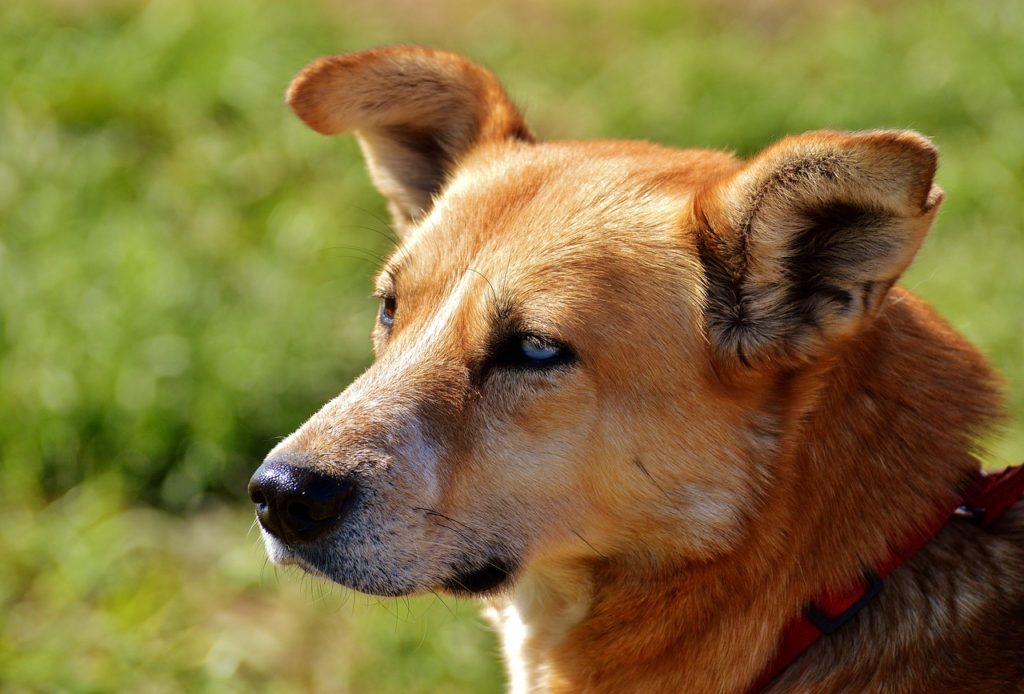It can often be tempting to share table scraps or snacks with your dog. After all, you have plenty to share and your dog is your best friend! However, it is always best to proceed with extreme caution. While most human foods are acceptable for dogs to consume in small amounts, some are very toxic. Chocolate sits high on the toxicity list for dogs and is one of the leading causes of dog poisoning.
What Makes Chocolate Toxic to Dogs?

Chocolate contains two substances that can be hazardous to dogs including caffeine and a poisonous substance called theobromine. Theobromine is similar to caffeine in many ways and in large amounts, it can be toxic to not only dogs but also humans. Theobromine and caffeine both increase heart rate and stimulate the nervous system. While these symptoms prove to be safe most of the time in humans, canines are a different story. Dogs metabolize theobromine at a much slower pace than humans and, as such, even a relatively small amount can be toxic. The risks associated with canine consumption of chocolate generally depend on the type and quantity of chocolate consumed, as well as, the weight of the dog. Different types of chocolate have different concentrations of theobromine and caffeine.
A general rule of thumb for understanding where chocolate falls on the canine toxicity meter is that the darker and more bitter the chocolate, the more toxic. Dry cocoa powder is the most toxic to dogs and has the highest concentration of theobromine. The list continues from most toxic to least toxic with baker’s chocolate, semisweet chocolate, dark chocolate, milk chocolate, and white chocolate. It is important to remember that products containing chocolate or cocoa powder can also be toxic to dogs including chocolate ice cream, pudding, desserts, and chocolate milk. For example, 8 ounces of milk chocolate may make a 60-pound dog ill, whereas, as little as 1 ounce of baker’s chocolate may poison him. The weight and age of dogs can also affect how they react after chocolate consumption. A common guideline concerning canine weight against chocolate consumption is that generally the heavier or larger the dog, the less the respective effects may be felt. Using the same example above, if a 5 or 10-pound dog consumed 8 ounces of milk chocolate, it may result in significant poisoning.
What To Do If Your Dog Ingests Chocolate?
If you believe your dog has consumed chocolate, call your veterinarian immediately. If your veterinarian office is not available, you can also call the Pet Poison Helpline (855-764-7661) for any advice. It is helpful to be prepared with any medical history and medications the dog may be taking as the veterinarian may need this to sort through the symptoms. Depending on the size of your dog and the amount and type of chocolate that was consumed, the veterinarian may ask you to bring your dog in immediately or to simply monitor him for any signs of his condition worsening.

If your pet ingested chocolate less than 2 hours before you noticed, your veterinarian may request that you bring the dog in so they can induce vomiting and give him many doses of activated charcoal. Activated charcoal works to remove the toxins out of the body before they are absorbed into the bloodstream. If the case is more severe, the veterinarian may need to provide additional treatment, such as fluids through IV, to ameliorate the effects of the chocolate poisoning. If you have any questions or concerns, it is always advisable to bring your dog to a veterinarian clinic immediately.
It is not always easy to deny your puppy pal something they may beg for. However, when it comes to chocolate, you should never compromise. Chocolate is highly toxic to dogs and can lead to extreme illness and in some cases, death. Similar to many humans, dogs enjoy the taste of chocolate and if they find some, they may not stop eating until nothing remains. It is best to store your chocolate or treats that have chocolate derivatives, such as cocoa powder and hot chocolate mix, in a high shelf or closed-door pantry. Also remember to remind children or house guests to keep all chocolate out of reach and to not leave anything on countertops, tables, or even purses. The next time your furry friend gives you those notoriously adorable puppy eyes, forego the chocolate and throw him a dog treat instead!




